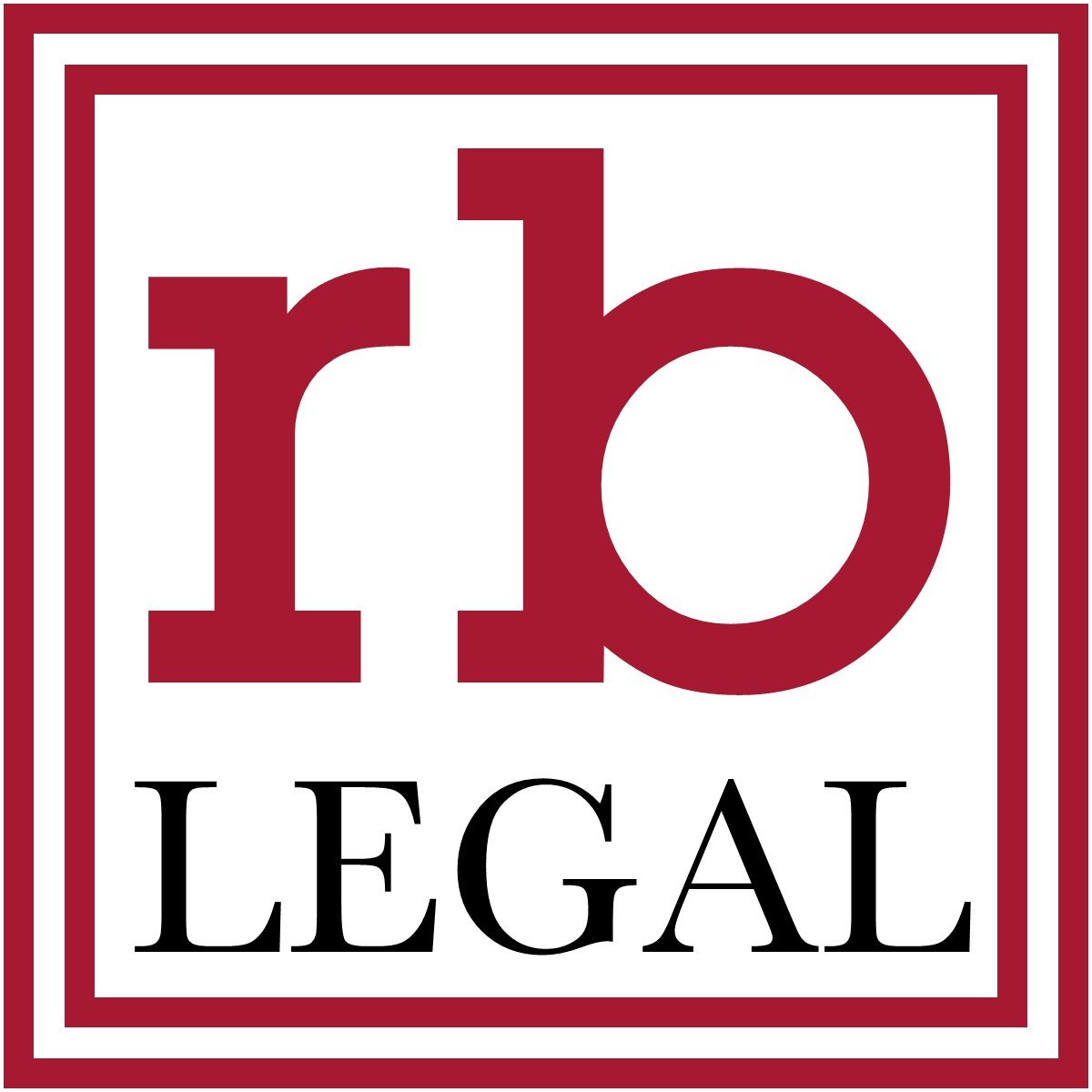The loss of a family member is a truly devastating event, especially if you have fond memories of them. If they left behind a will or trust, leaving you as a beneficiary or executor, you likely have a lot of questions about probate accounting.
You shouldn’t have to be left hanging when dealing with tricky legal terms. Here’s what you should know:
3 phases of probate accounting
Probate accounting is the detailed accounting of all transactions in an estate. There are three steps to probate accounting:
- Taking inventory: There will need to be a report of all assets in an estate at fair market value and any debts left behind. The report will eventually be filed to the court. Those assets have to be located and safeguarded for the time being. Any debts owed to the estate have to be collected.
- Keeping records: There needs to be some footprint left behind that shows the history of purchases and sales. Without a transaction record, it may be hard to prove what’s been done with the estate. This means opening a checking account for the estate to hold liquid assets as they’re received and pay the estate’s debts.
- Final accounting: The report will be filed to the court after all assets are accounted for, debts paid and necessary property sold. Any assets left will then be distributed to the heirs. Part of the executor’s job is determining what’s left to distribute after the funeral expenses and other valid debts are handled.
It is necessary that the probate accounting depicts a complete and accurate listing of transactions. If the accounting is wrong or not filed in a timely manner, a beneficiary may dispute it.
Probate accounting isn’t easy and can add a great deal of confusion and frustration to an already distressing time. When it comes to probate accounting, it’s often best to seek experienced legal help.



